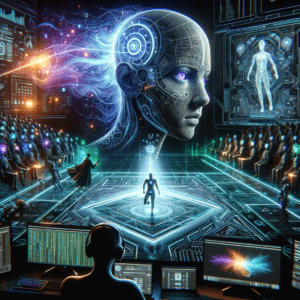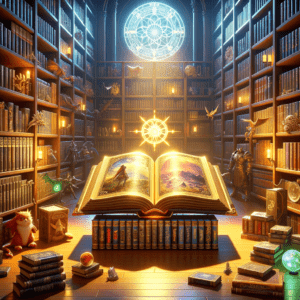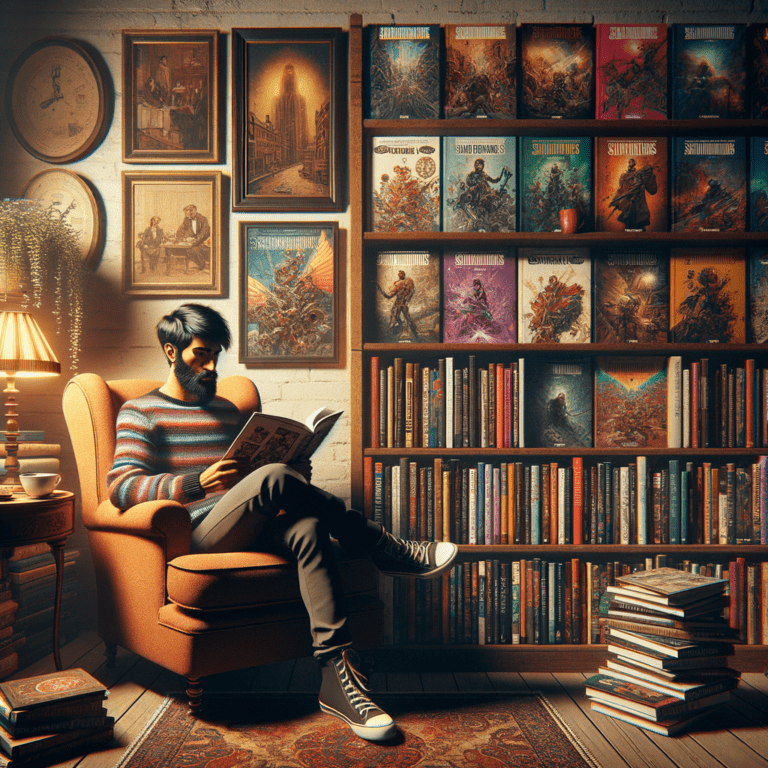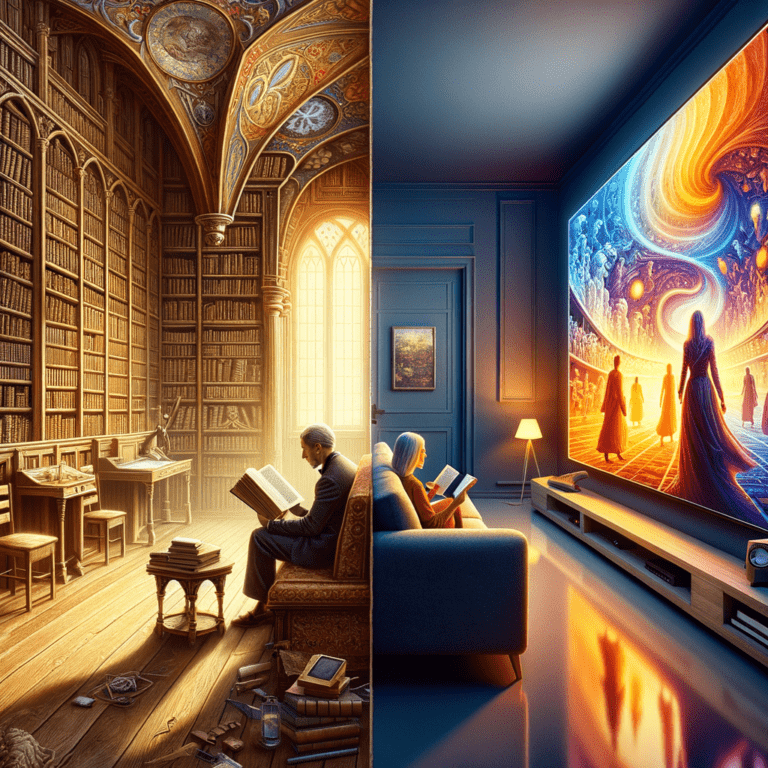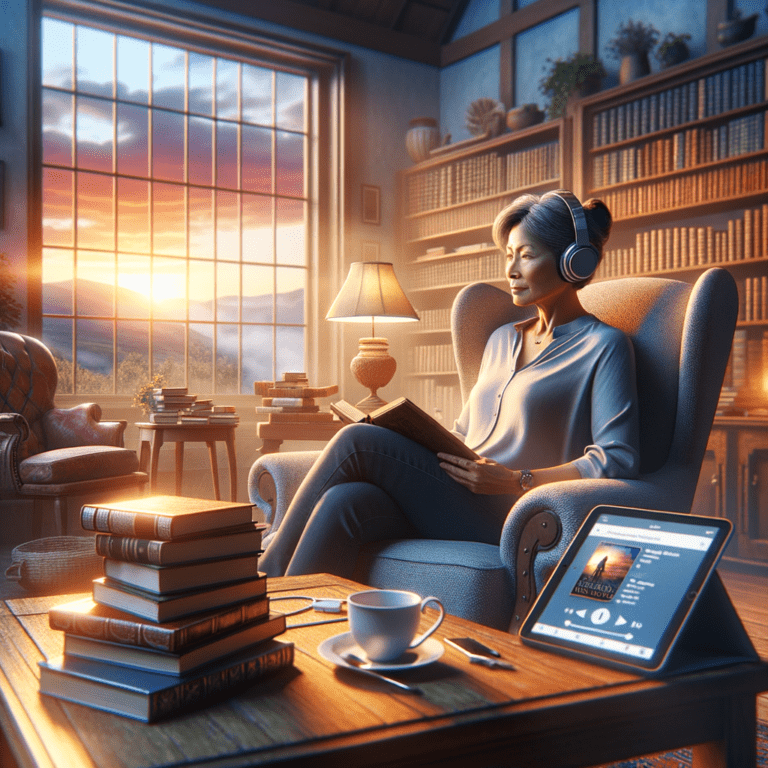Oh man, I’ve been on this crazy journey we call gaming for, well, as long as I can remember! It’s truly been more of a roller coaster with unexpected twists and turns than anything else. Video games, they’re pure magic. And it’s not just the jaw-dropping graphics or the intricate storylines. They’re like these powerful forces that shape entire cultures, bring together generations, and spark epic friendships and communities. So here’s my rundown on the top 10 most influential games of all time. And trust me, these aren’t just my all-time faves; they really are trailblazers in the gaming galaxy.
Super Mario Bros.
There’s a certain joy that bubbles up every time I hear those iconic notes from Mario’s theme. Maybe it’s his charming jumps, or perhaps it’s just a wave of nostalgia washing over me. Back in 1985, when Super Mario Bros. landed, it wasn’t just a game—it was like this heroic beacon of hope that breathed new life into the video game scene after that massive crash. I mean, everyone was hooked! It boasted simple yet oh-so-brilliant design, letting players feel truly in control of a seemingly vast world—well, as vast as an 8-bit realm could be at the time.
And, as corny as it might sound, sometimes I see Mario’s adventures as a grand metaphor for life itself. The challenges, the foes, the power-ups—they all echo our very own hurdles and little victories. Sure, Mario didn’t quite blend storytelling and action like today’s modern titans, but it definitely sparked a revolution. I mean, it was often the go-to game that poured out shared moments among family and friends. The saga of the plucky plumber and his quest to save Princess Peach is timeless, and it still echoes sweetly today!
The Legend of Zelda
Ah, The Legend of Zelda—my unforgettable gateway to open-world adventures! To be dropped into Hyrule with just a wooden sword? What a thrill! No handholding, no linear paths—just a sprawling world thrumming with secrets waiting to be uncovered.
Released back in 1986, The Legend of Zelda was truly ahead of its time. For me, it blurred the lines between player and avatar. I wasn’t just steering Link; I felt like I was him, hunched over that tiny controller. Beat levels? Nah, it was about exploring, solving puzzles, and feeling genuinely accomplished. Even now, finding hidden caves or nail-biting puzzles gives me goosebumps, even after my, um, countless playthroughs.
The most fascinating part? “The Legend of Zelda: Breath of the Wild” came along in 2017 and kept the innovative spirit alive. It feels like both games exchanged whispers across time, plotting together to continue rewriting gaming history.
Tetris
Those falling block sounds—the very definition of iconic! Tetris is this beautiful paradox, its simplicity belying a mesmerizing complexity. Dreamed up back in 1984 by a creative Russian programmer, Alexey Pajitnov, Tetris melded us all in its hypnotic embrace. No matter where you were from, or your age, everyone got sucked into its seemingly easy objective: line up the blocks. But before you knew it, Tetris became much more than a game; it spun into a full-on mind workout, a supreme puzzle challenge that we just couldn’t put down.
There’s this zen-like serenity to it as well. Once you fall in step with the rhythm, the real world sort of vanishes. Magic! Tetris didn’t need a gripping plot or flashy graphics to etch itself onto the global gaming tapestry. It wasn’t about “should I beat it?”—it was syncopated grace, learning to improve each time. Its legacy is wrapped in every puzzle game trying to replicate that flawless simplicity, but none have quite matched up.
Doom
Oh wow, Doom! It exploded onto the scene in 1993, and trust me, it was unlike anything we’d seen before. Pure, wild adrenaline in digital form, sweeping you up into its tantalizing world of demon-slaying chaos. Doom more than defined the first-person shooter genre. It enveloped us, and for the first time, a video game felt like a world you could step right into, blasting otherworldly creatures and navigating grueling, twisty mazes.
But Doom’s impact went beyond thrilling gameplay. It was also groundbreaking in spawning the modding community. For the first time, gamers had the chance to tinker with game code and build their own levels. It nurtured a vibrant culture of creativity and sharing, paving the way for countless future titles.
And oh, that soundtrack! The bone-rattling, ear-thumping metal vibes of Doom have aged like fine fruity wine. Even now, the rush of saving Earth from evisceration with guitars shredding in the background feels legendary.
Final Fantasy VII
Final Fantasy VII, sigh… just hearing its name gives me shivers still. Released in 1997, it was more than a role-playing game; it felt like a monumental narrative experience. The epic story, the rich character layers, the strategic gameplay—it all melded seamlessly. Cloud, Aeris, Tifa—these were more than just characters. They became old, cherished friends through the game’s many climactic highs and soul-crushing lows.
Final Fantasy VII was often the door to RPGs for countless players. And who could ever, ever forget the gut-punch of Aeris’s moment? We’d never felt loss in a game so keenly before. It was a revelation of how profoundly storytelling could elevate games. It was quite the turning point.
Combining emotional storytelling with then-top-notch visuals, Final Fantasy VII bridged the divide between East and West, showcasing Japanese RPGs to the world like never before.
The Sims
People often proclaim, “Life’s the ultimate game,” but I’ll hafta disagree. Ever built a Sim family and watched life unfold? The Sims, from 2000, let us play as gods, constructing dream abodes and weaving life stories with infinite freedom. Whether picking careers or deciding simmering romances, choice was all ours.
The Sims has this peculiar charm that snags everyone. Five or fifty, the allure of shaping Sim lives is universal. It became this wonderful outlet for creativity and a digital sandbox to explore life’s essential organizing skills.
For a game built on simplicity, or maybe due to it, The Sims skyrocketed to success. It influenced a generation of gamers, teaching subtle social lessons—and, let’s admit it—we’ve *all* tried removing the pool ladder to see what happens, right?
World of Warcraft
World of Warcraft wasn’t merely a game; it was this massive, parallel cosmos that millions called home, me included. Launched in 2004, WoW wasn’t the first MMO, but it planted them firmly in our collective consciousness.
Reminiscing about my first step into Azeroth, awe struck me. The scale, the living world, that unforgettable first dungeon run in a group. It connected untold numbers worldwide, fostering extraordinary adventures, forging friendships—some of which I cherish even today, despite friends moving oceans away.
WoW offered a universe that breathed and thrummed with life, a platform to be your best or worst self. It foreshadowed today’s online games and helped mold gaming communities’ potential—sometimes wonderfully, other times chaotically, but always profoundly.
Grand Theft Auto III
When it comes to dropping jaws and stoking imaginations, Grand Theft Auto III owns the podium. Released in 2001, it practically redefined open-world gaming. Liberty City teemed with life and chaos. It let players sidestep traditional, story-driven gaming, whether by nabbing a car, tangling with police, or soaking in the buzz.
It was hugely controversial, no denying that. But it also reshaped boundaries. Despite all the ethical debates, its impact on storytelling within interactive spaces was palpable.
Today, GTA III’s fingerprints are everywhere—in sandboxes and intricate gaming narratives. It showed that gaming could seamlessly blend freedom with gripping story arcs—effortlessly!
Minecraft
There’s something so beautifully raw about crackling into Minecraft. Introduced in 2011, it’s this expansive sandbox redefining how creativity was expressed in gaming.
Basic blocks and cubes, I know. But therein lies the genius—the elegant simplicity. Minecraft is a canvas for creation, education, and interaction, unrestrained by objectives. Build grand edifices by day, fend off terrors by night—the world was yours.
Minecraft’s educational and communal impact is significant too. Schools adopted it for learning, and few platforms rival the sharing and celebrating of creativity it offers. It demonstrated that games could extend beyond simple fun, acting instead as a conduit for creativity and unity.
Pokémon Red and Blue
Who didn’t dream of becoming a Pokémon Master? Pokémon Red and Blue swept the ’90s world like wildfire. It wasn’t merely a game; it was a universe of creatures to discover, catch, and love.
Its brilliance lay in focusing not only on capturing Pokémon but the wider adventure—the thrill of discovery and forming bonds, in-game and in real life. Trading Pokémon became a connecting ritual, and many a weekend was lost with a Game Boy in hand.
Its cultural imprint is just…impossible to overlook. From spinoff shows and movies to trading cards, it all sprang from these humble beginnings. Pokémon taught us strategy, the power of camaraderie, and relentless optimism—all with the rallying call to “catch ’em all.”
In wrapping this up, these games—they’re more than stacks of code and pixels. They’re living experiences, etched lessons, and memories transcending simple screens. Each has profoundly shaped the gaming world, deeply influencing players and creators alike. Their ripples continue to dance, pixel to pixel, in every grand landscape modern gaming unveils. What’s absolutely thrilling is the journey ahead, the boundless evolution of gaming yet to unfold… and I can’t wait to see where we go next!



